Events over the past few weeks got me thinking about what it means to be straight.
From Rutgers University to Springfield, across all spectrums of race, class, and age, boys and men are killing themselves. Gay men are committing suicide because of bullying from classmates, and straight kids are killing themselves because others perceive them to be something they are not. No matter our orientation, we are all locked within the barbed wire confines of the United States of Hetero-normalcy.
My identities of white, straight and male have bestowed upon me countless unearned benefits and privileges that I may never fully understand. I can take as many social justice classes as I want, raise my family in an egalitarian way, and never use derogatory words, but I will always have an edge in society over people who are different. It is unfair. That is why, when the time calls upon me to speak out, I try to do it to the best of my capabilities.
I wonder how many people know the name Tyler Clementi or Asher Brown. Maybe a few people heard the story of Matthew Shepard, but are names the point? I put the suicide headlines on my current events board; I doubt anyone read them. Besides, in a culture where most people are straight, who cares about a few gay guys succumbing to the torture of hyper masculine, religiously intolerant homophobic men and women?
Dan Savage, a popular media pundit, started the “It Gets Better” campaign aimed at LGBT youths who are all too often left alone in the dark abyss of loneliness and rejection. “It Gets Better” is a sensational video blog for all types of people – gay and straight – where they can share personal stories of overcoming tough times and finding their way to a brighter side of life.
I must admit I had my reservations about doing a video for UMass’s very own “It Gets Better” campaign. “It Gets Better” did not resonate too well for me, because, in reality, it does not get better for some people. For the many that attempt and the few that succeed, kids and adults alike end up tying a rope around their neck or putting a gun to their skull. There is no comforting way to describe what LGBT youths go through, not to mention black students, women, Muslims, and lower-class families, to name a few. We should not try to glorify anything about bullying, abuse, or discrimination. Nonetheless, I do believe that at least one gay youth was struck by these videos and does believe that it gets better. So, whether I agree with the name of a movement or not, I need to think about how it impacts the 12-year-old getting bullied and called a “fag” in the hallway.
On the “It Get’s Better” website, it reads: “Many LGBT youth can’t picture what their lives might be like as openly gay adults.” Sit with that for a moment. Read it again. Think about what that means. Now imagine if the headline was reversed and read: “Many heterosexuals can’t picture what their lives might be like as openly straight adults.” Can we straight people ever imagine something like that? You have to then think about everything you do that gives away your orientation. How do you talk about women? What sports to you watch – if you even do? Do you avoid wearing certain clothes? When a friend calls, do you say, “What’s up faggot?” The list goes on.
Thankfully – as the result of activists before me – I have friends who are open about their orientation. In a world where masculinity dominates my every move, my every sentence, and my every perception, it is a welcome breath of fresh air that when I am around my gay friends, I don’t always have to put on the “tough guise” of manhood. Every guy knows there are codes and unwritten laws that must never be broken, whether it is in the gym, the locker room, or someone’s room when playing video games; the box of masculinity – and heterosexuality for that matter – keeps us locked inside. If we break out of it, people try to police us back in. They will call us names, beat us, or kill us in extreme cases. When I’m with my gay friends, I am not owned by anyone. I’m just me. That may mean I’m loud and obnoxious with them, it may mean I’m the tough guy that tells them to chill out, or it may mean I’m the guy consoling them when an idiot calls them “homos.”
A few friends have told me that I am a great ally to them. I’m never sure how to respond. Part of me wants to thank them, but there’s another part that wants to say sorry. Sorry for saying, “that’s so gay.” Sorry for being that kid in middle school that called you a pussy when you couldn’t catch the ball. Sorry for being that kid in the hallway that said, “‘sup, faggot” to one of his straight friends. Sorry for being the guy in high school who knew about the horrible bullying going on, but was too scared to say something. Sorry for being the guy in the gym judging you for how little you put on the barbell. Sorry for ever saying something or behaving in a way that offended you, but never realized because I was socialized to never recognize the pain gays go through trying to love their partners; the pain women go through trying to be smart and sexy at the same time; the pain blacks go through when trying to get their voice heard; the pain poverty-stricken white men go through trying to be the next Bill Gates, but can’t because Mr. Ford stole their invention.
This first step is acknowledgment. It is always hardest to look into the mirror and say to yourself: “You’re wrong.” The next step is reaching out. It is easier to empathize with a group of people you do not know much about when you know at least one member of that group. The next step is to challenge social norms. I challenge sexism because I never want my future daughters to live in fear every time they go to a party. I challenge racism because I want my future children to understand pigment coloration is a natural part of humanity. I challenge classism because I want my future family to know that other families need support, too. I challenge homophobia because I am sick and tired of the media, politicians, and ignorant students ignoring the needs of LGBT youths who feel their only way to scream out for help is to die.
I am just one individual, but there are millions more who support social justice. We will get there one day. People say not for a hundred years, but that is a defeatist attitude. It is time to make it better for all.
Roy Ribitzky is a Collegian columnist. He can be reached at [email protected].

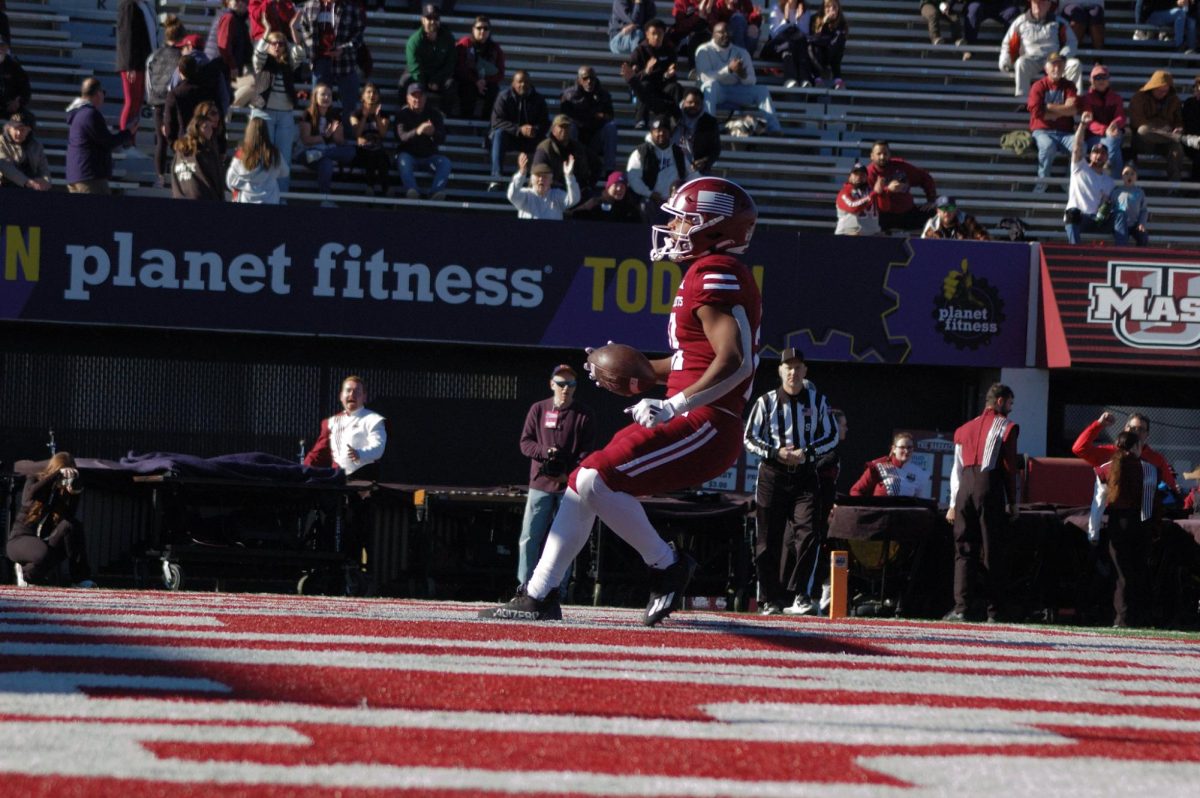
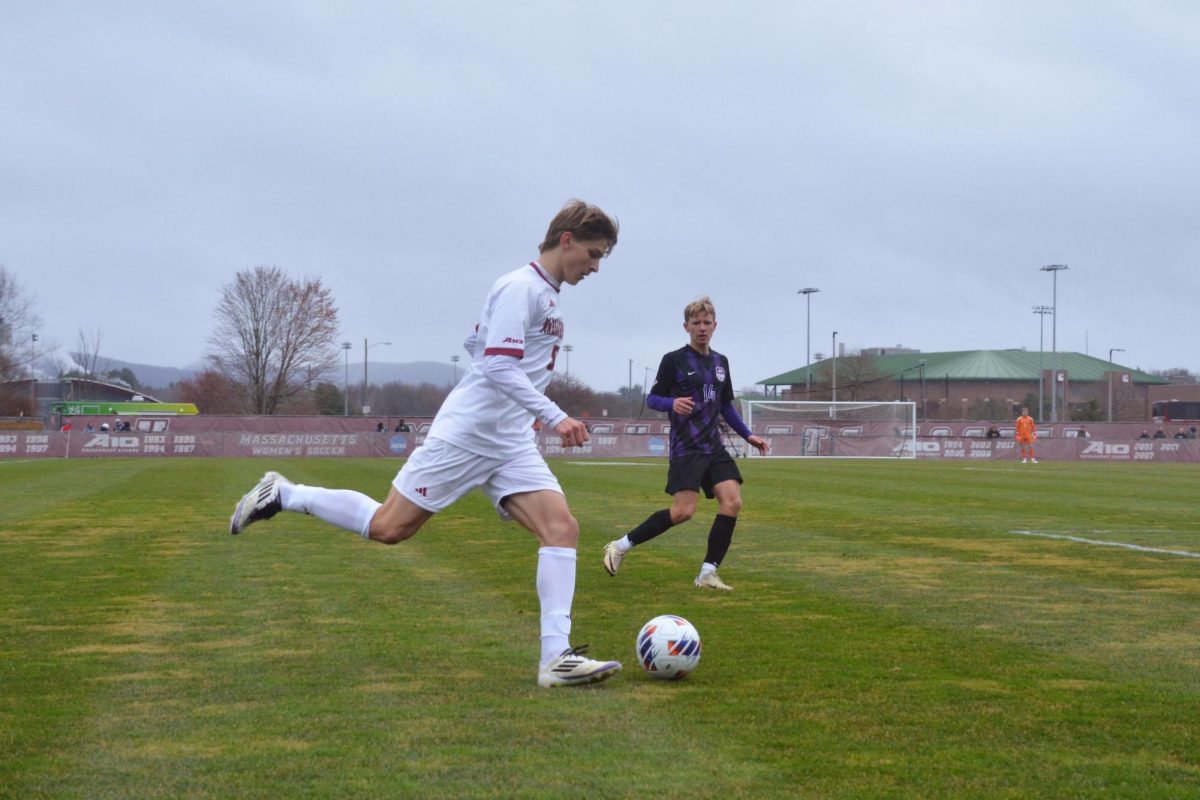
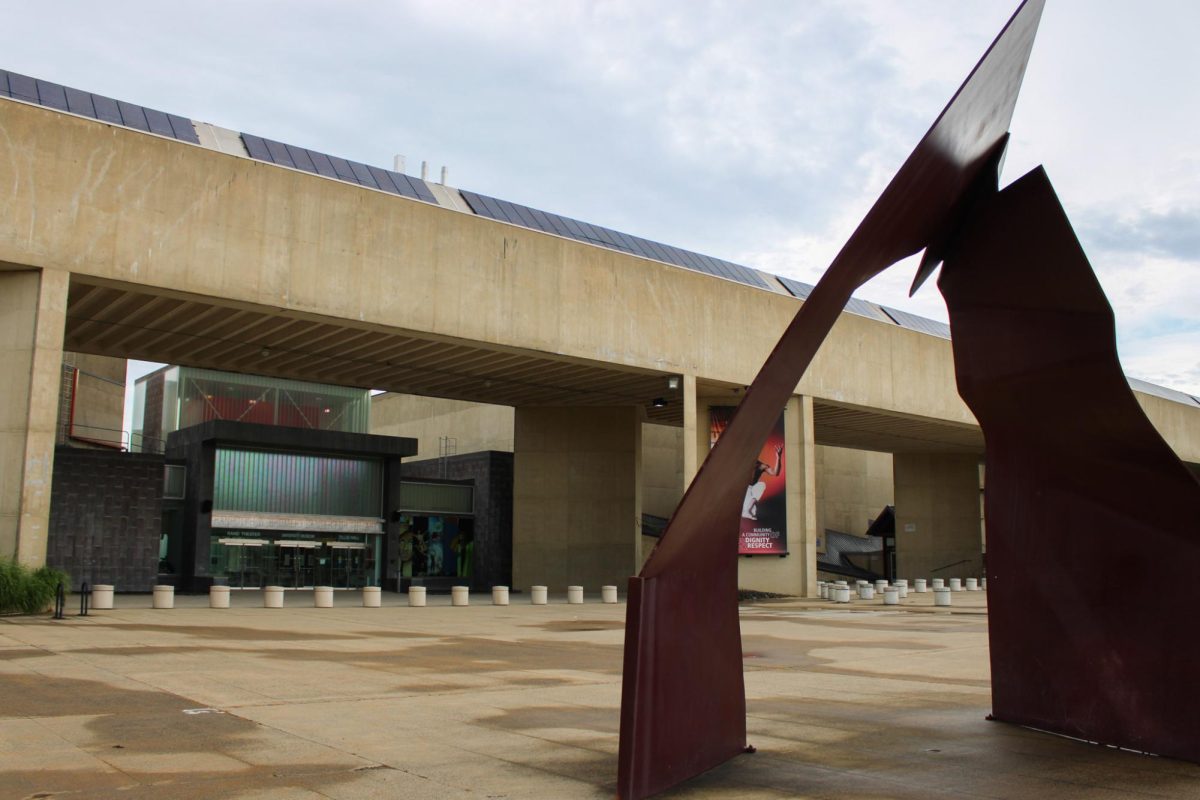
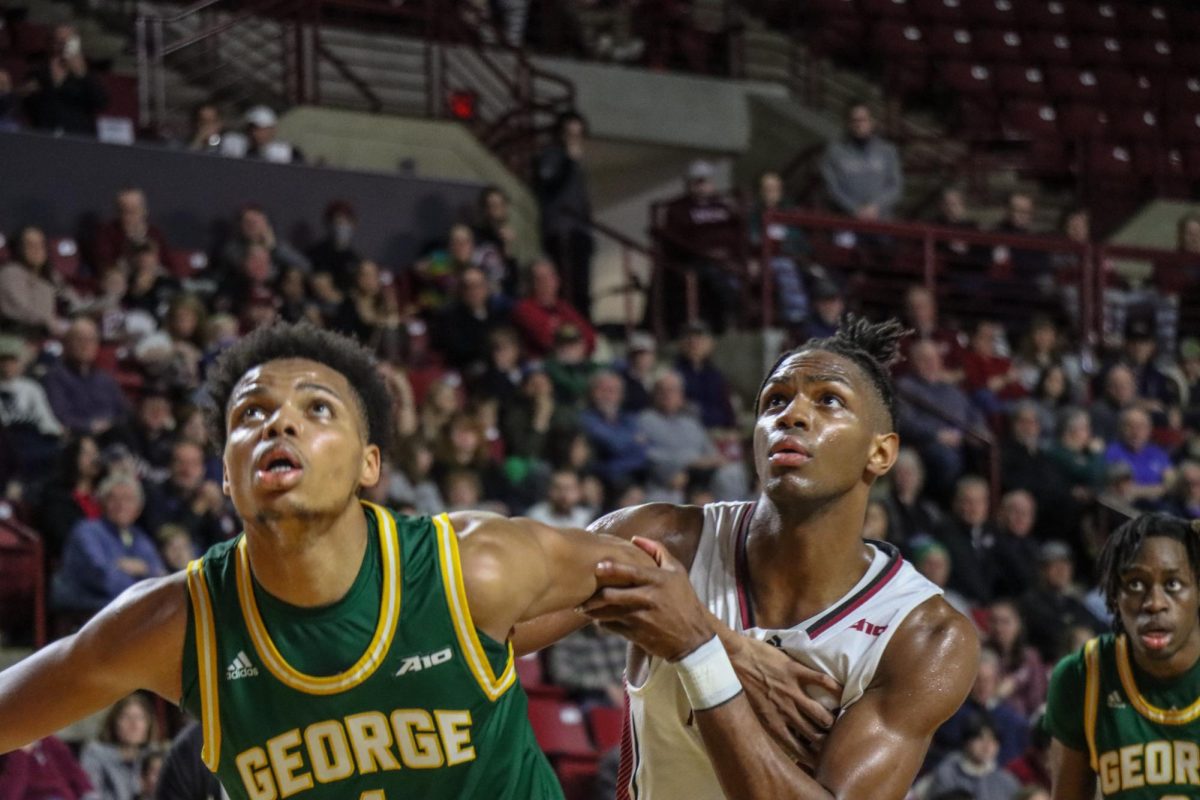
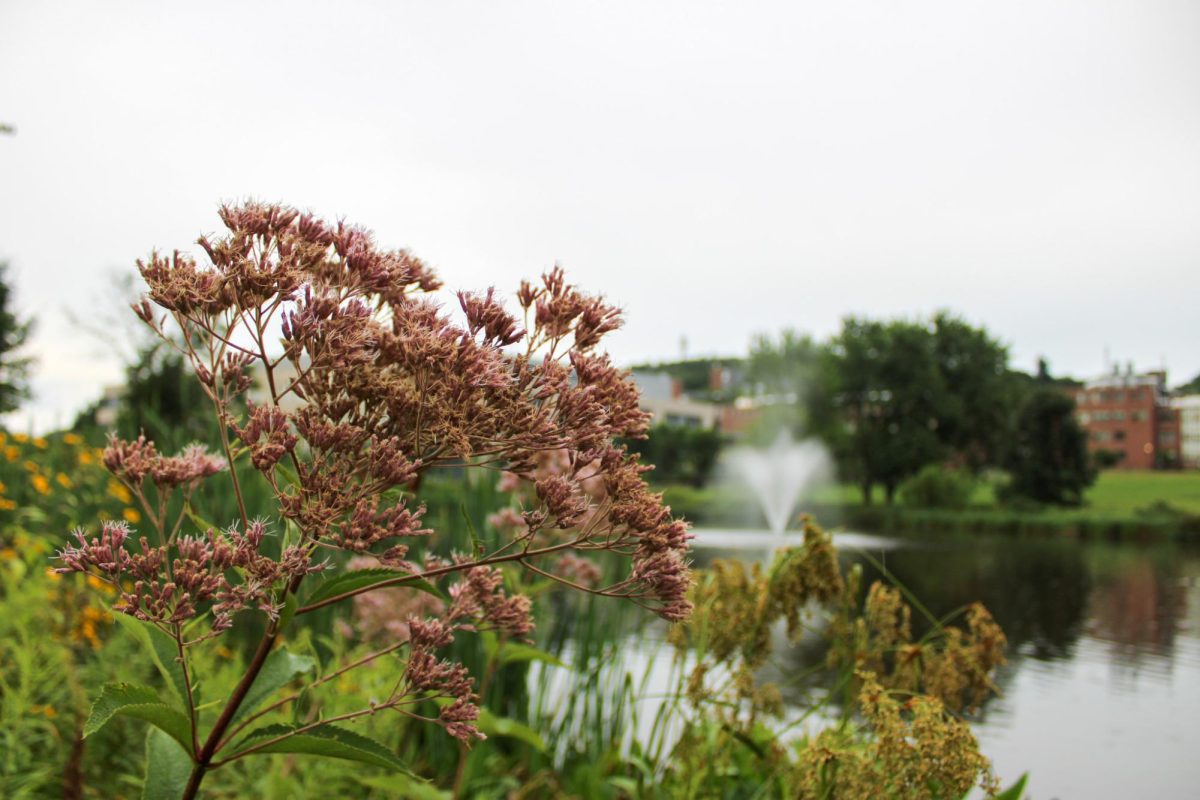
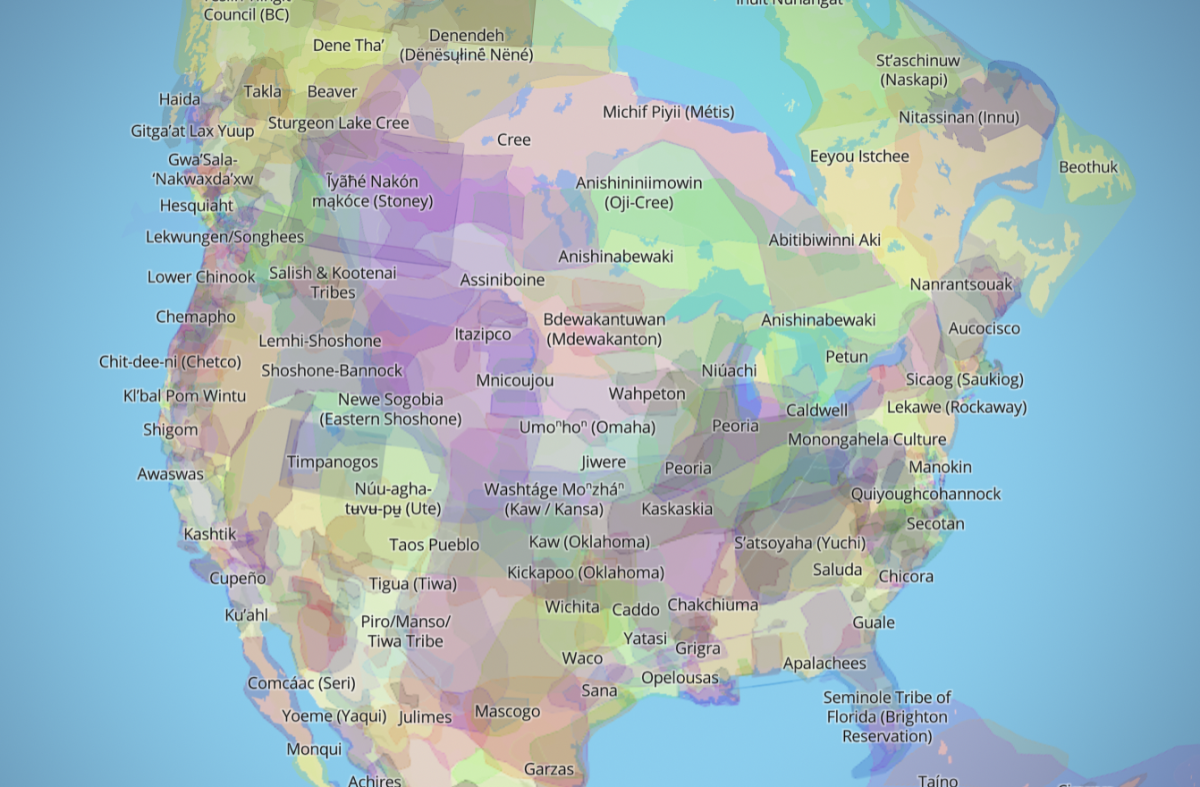
John • Oct 31, 2010 at 2:45 am
I have launched a new website that is designed to stop bullying and abuse.
http://www.haltnow.ca/ – Humanity Against Local Terrorism – HALT.
The more of our voices that say HALT; the more of our children we can save. This new website offers education, prevention, support and services to abused and bullied victims as well as hopefully finding a solution to stop this local terrorism of bullying, abuse and domestic violence within our communities. Please help us stop these senseless acts. Please take time to visit this site, become a member and add your voice.
RevJDSpears • Oct 25, 2010 at 9:59 am
Roy, thank you! We need more allies like you!
Ed S • Oct 24, 2010 at 11:51 pm
Wow.
It seems like you have an EXCELLENT understanding of gayness to me. Most straight people have NO CLUE.
Many Many thanks!!!
(i’m gay btw)
-Ed